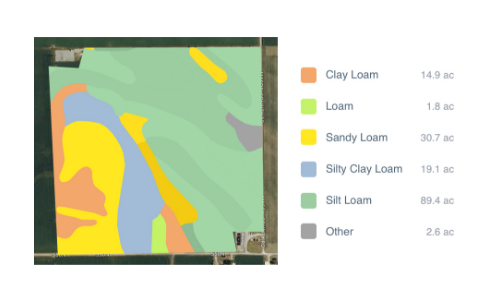IT and geospatial and governance organizations account for almost half of the organizations in this region and most are for-profit companies. The majority of organizations using open data in South Asia are located in India.
Almost two-thirds of organizations using open data in South Asia are for-profit businesses, and almost half are in the 11-to-50 employee range. A number of organizations are using open data also in the agriculture, energy and climate, and business, research and consulting sectors. Many use it to create new products and services or for research, while fewer than 10 percent of organizations use the data for advocacy purposes.
They are using open data to evaluate existing social and economic infrastructure and services, to use as a resource for urban and local planning, to improve agricultural yields, to reduce corruption, and to provide a range of data and technological services. The most used types of data include health, geospatial, government operations, economic and agriculture.
Size, Type & Founding Year
Sectors Using Open Data

Use Cases


Template
Country: United States
Impact: Farmers benefit from tools for better crop management and to measure environmental factors
Data Used: Rainfall data from US National Oceanic and Atmospheric Administration’s (NOAA) National Climatic Data Center, soil data from US Department of Agriculture
FarmLogs provides farmers with a free software and mobile application to map and analyze crop yields and environmental conditions for crop growth through government data. Their Farmlogs free Standard includes several features: Field Mapping, Scouting and Notes, Activity Tracking, Rainfall Tracking, GDD Accumulation, Soil Composition Maps, Growth Stage Analysis, Yield Maps, Input Planning. They also empower farmers to coordinate with the government to request data for their lands. On their website, FarmLogs details instructions on how to contact the US Department of Agriculture's Farm Service Agency for field boundary data. Upon receipt, FarmLogs interprets the data and creates field boundaries on mapping systems for farmers to demarcate their lands.





